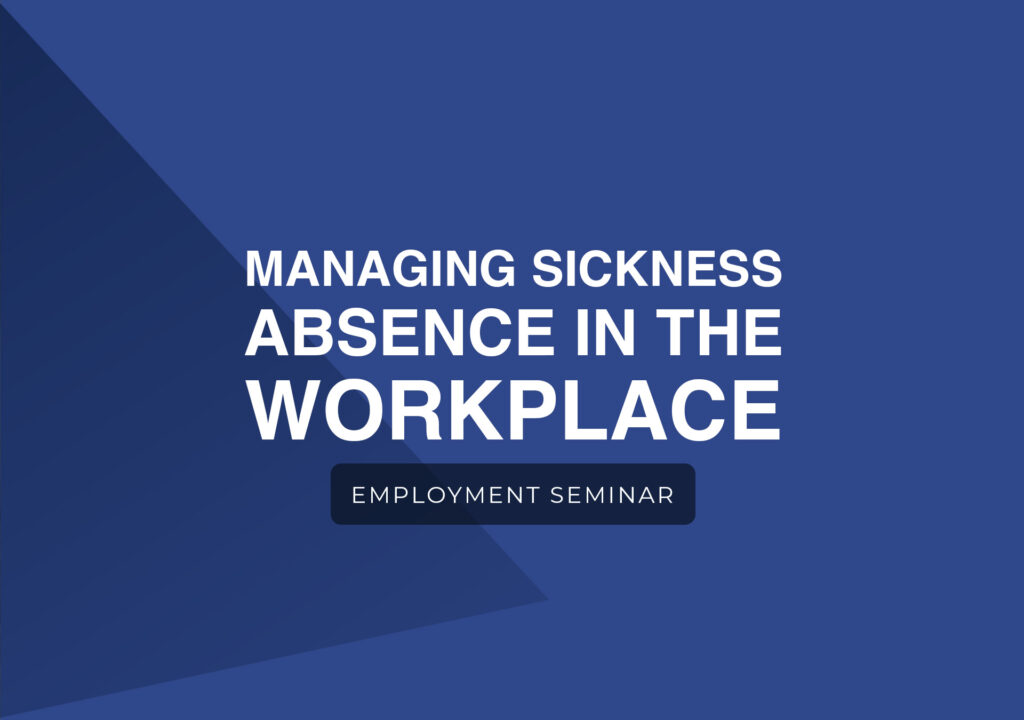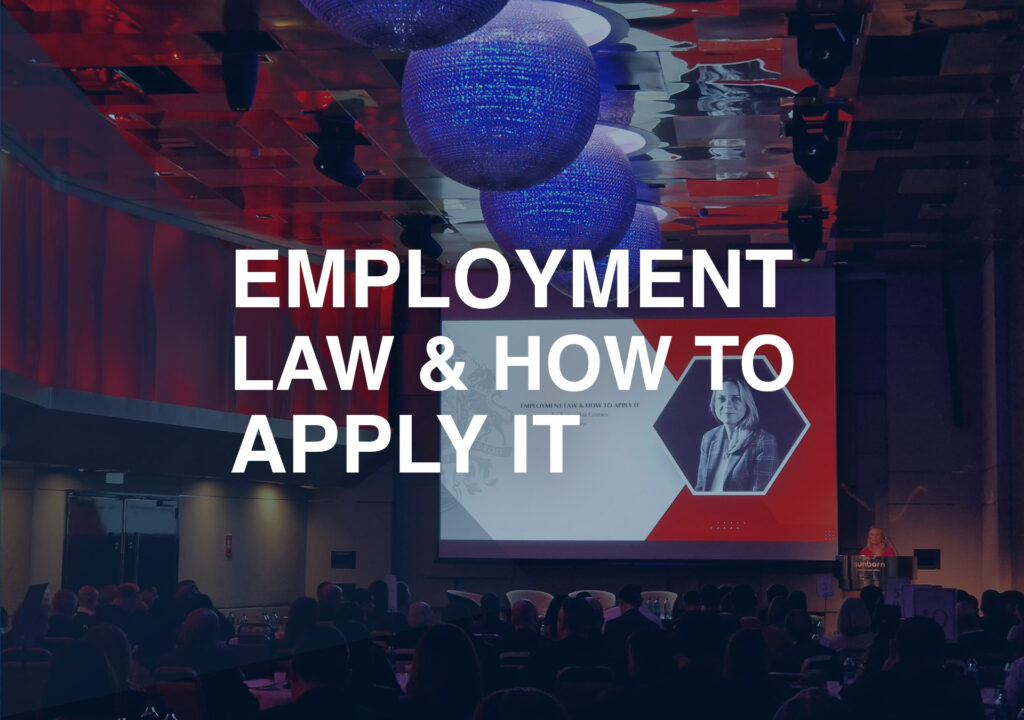How do the measures affect our citizens and our workers?
Chief Minister Fabian Picardo gave an emergency address to the public on Sunday 22 March amid concerns in relation to the COVID-19 outbreak, with subsequent legislation released today by Her Majesty’s Government of Gibraltar (HMGoG).
HMGoG announced further lockdown measures effective as of midnight tonight, and additional contingency measures for the protection of persons directly affected by these from an employment context.
This follows from our 18th March summary of the previous news of the immediate economic measures to allow Gibraltar’s economy to weather the storm ahead, as well as coverage by ISOLAS on its LinkedIn page.
Legislation has been published focusing on the “lockdown” measures, which includes several exemptions. ISOLAS has prepared further information on how the exemptions work in practice, and highlights the key changes to the Gibraltar legislative landscape, hoping to provide some clarity in these uncertain times.
ISOLAS LLP Partner Samantha Grimes, who, among her wide range of practice areas, specialises in Employment and Immigration, Senior Associate Stuart Dalmedo, who specialises in Tax in Gibraltar, Financial Services and Private Clients, and Associate, Michael Adamberry, who specialises in Banking & Regulatory Services, AML and Data Protection, comment on the further measures that have been introduced today, and how it impacts on free movement of workers and citizens.
What’s the latest – where are we?
Things are moving tremendously fast, in order to keep up with the spread of the virus. Legislation released today notes that at the time of publication there are more than 266,000 confirmed cases globally and more than 11,000 people have died; Coronavirus has, to date, reached 188 countries, areas or territories. The Government of Gibraltar is therefore taking extraordinary but necessary measures to protect its citizens. Below we track the latest developments in date order.
Civil Contingencies Emergency (Coronavirus) (Health Protection Measures) Regulations 2020 (the “over 70s Regulations”)
17 March 2020 – Last week saw the introduction of measures concerning the protection of persons aged 70 and older who, on medical advice, are considered to be a class of persons particularly vulnerable to Coronavirus. The Civil Contingencies Emergency (Coronavirus) (Health Protection Measures) Regulations 2020, enacted on 17 March 2020 prohibit persons aged 70 and over (“P”) from leaving their premises except for the following limited purposes:
(a) to purchase food, beverages, pharmaceutical products or such other essential items;
(b) to attend a medical or care facility of any kind and howsoever described or an essential services provider, for accessing services provided therein;
(c) if they are in employment or self-employed, to go to their place of work;
(d) to provide care to a person where P is the carer of a person with a disability or who is a vulnerable person;
(e) to go to a bank or other financial institution;
(f) to exercise a dog outdoors provided that P is during that time not accompanied by any other person;
(g) the exercise of any ministerial or parliamentary duties;
(h) any case where P is at risk of injury or death; or
(i) any other activity that is absolutely necessary.
Failure to comply attracts a civil penalty of £250 (which can be appealed in the Magistrates’ Court), but it a more serious offence is also created for failure to comply with a direction by a police officer to a person aged over 70 to return to their place of residence, which exposes a person on summary conviction in the Magistrates’ Court to imprisonment for up to 12 months or to the statutory maximum fine (currently £10,000, being Level 5 on the standard scale).
We have underlined and highlighted certain exemptions above, as these are no longer available in certain cases, due to amendments made to this piece of legislation as of today (see below).
Immediate economic measures
18 March 2020 – Previously, we summarised the immediate economic measures, which remain available on the News section of our website. These concerned measures applicable to the “affected businesses” in the Hospitality, Leisure, Distributive and Catering Sectors. Click on the above link or visit www.gibraltarlawyers.com for more information.
We continue to watch this space with regard to the publishing of legislation detailing these measures.
Amendment to Appropriation Act
20 March 2020 – Parliament unanimously passed a bill which amends the Appropriation Act 2019 in order to extend the financial year by six months in light of the public health emergency which Gibraltar is facing. This amendment will ensure compliance with the provision of section 67 of the Gibraltar Constitution and the Public Finance (Control & Audit) Act. This will, in effect, extend the financial year 2019/202020 from 31st March 2020 to 30th September 2020.
The financial year may be extended beyond that in future and Parliament signalled it could be extended to up to 24 months. The Chief Minister also announced a new s.8 of the Appropriation Act to be added, which will enable the Government to table emergency budget measures for business and to implement more measures as necessary by amending regulations and legislation as may be required to provide the necessary relief to businesses as this COVID 19 pandemic progresses.
Further measures on restriction of movement
22 and 23 March 2020 – The Chief Minister gave an emergency address to the public on Sunday 22 March, extending the measures aimed at the over 70 population, to the entire population, citing that this would, in effect, place parts of the Gibraltar economy into “an induced coma”. This morning, three key pieces of legislation have been introduced:
• Civil Contingencies Emergency (Coronavirus) (Catering and Other Establishments) (Amendment) Regulations 2020 (L.N.124/20)
• Civil Contingencies Emergency (Coronavirus) (Health Protection Measures No.2) Regulations 2020 (L.N. 125/20)
• Civil Contingencies Emergency (Coronavirus) (Health Protection Measures) (Amendment ) Regulations 2020 (L.N. 126/20)
Civil Contingencies Emergency (Coronavirus) (Health Protection Measures) (Amendment) Regulations 2020
It is important to note that “pet” has been replaced with “dog” by enactment of the Civil Contingencies Emergency (Coronavirus) (Health Protection Measures) (Amendment) Regulations 2020. This means you cannot go outside to exercise any animal other than a dog.
Further, these Regulations also ensure that ensure that certain exemptions from the requirement to stay at home are not available where a person is infected or self-isolating or a member of the household who is aged 70 years or over.
For the avoidance of doubt, where you are (i) infected with COVID-19, (ii) self-isolating or (iii) over 70 and in a household with persons under 70, then you may only leave the house in three scenarios from the above list – scenarios (b), (h) and (i):
(b) to attend a medical or care facility of any kind and howsoever described or an essential services provider, for accessing services provided therein;
(h) any case where you are at risk of injury or death
(i) any other activity that is absolutely necessary
Civil Contingencies Emergency (Coronavirus) (Health Protection Measures No.2) Regulations 2020
These Regulations limit the movement of all persons in a largely similar manner as the “over70s Regulations” noted above.
Essentially, similar measures now apply to all persons, who are prevented from leaving their premises except for the following limited purposes, which are wider than the over 70s Regulations cited above:
(a) to purchase food, beverages, pharmaceutical products or such other essential items;
(b) to take food, beverages, pharmaceutical products or such other essential items to a person over the age of 60 or to a person referred to in regulation 5;
(c) to attend a medical or care facility of any kind and howsoever described or an essential services provider, for accessing services provided therein;
(d) if P is in employment or self-employed or is the holder of a public office, to go to work;
(e) if P is a member of an essential service, to report to duty;
(f) to provide care to a person where P is the carer of a person with a disability or who is a vulnerable person;
(g) to go to a bank or other financial institution;
(h) to exercise a dog outdoors;
(i) the exercise of any ministerial or parliamentary duties;
(j) where P is a public servant and is acting under the instructions of the Chief Secretary;
(k) where P is a volunteer and is acting under the instructions of the Civil Contingencies Coordinator or the Director of Public Health;
(l) any case where P is at risk of injury or death;
(m) to exercise;
(n) to exercise children, accompanying them as a parent or guardian;
(o) where P is a non-resident parent, to pick up a child from, or go back to, the child’s residence;
(p) taking a child to an official activity, a childcare facility (other than at a school whether at a private residential place or otherwise) or a school and returning from that activity or place, provided that in the case of a school the child falls within the category of children for whom the facility is available;
(q) to travel by vessel or car;
(r) to travel to or from the frontier, airport or port in order to enter into or depart from Gibraltar;
(s) where required to go to court, to file any court documents or for purposes relating to it;
(t) if P is employed or self-employed in the written or audio-visual media, to go to work;
(u) for such other purpose as may be notified by the Minister by notice in the Gazette;
(v) any other activity that is absolutely necessary.
Points (a), (b), (c), (f), (g), (n), (o), (p) and (r) above only apply if you either go out alone or are accompanied by no more than one other person and any children in the household, provided that each person practises social distancing from other persons not from the same household. We have again highlighted the provisions for ease of reference, which are now two-person activities (plus children).
Points (h), (m) and (q) above only apply if you either go out alone or are accompanied by no more than three other persons from the same household. In other words walking dogs, exercising, and travelling by car/vessels is restricted to a four person activity per household (unless exercising children, where all of these can be exercised), provided that social distancing is respected.
Failure to comply with these Regulations exposes a person on summary conviction in the Magistrates’ Court to the statutory maximum fine (currently £10,000, being Level 5 on the standard scale), but not imprisonment, unlike the over 70s Regulations where imprisonment is possible for failing to comply with directions given by a police officer.
In a similar manner to the over 70s Regulations, where you are (i) diagnosed as having COVID-19, (ii) self-isolating on advice from GHA or the Director of Public Health or (iii) in a household with a such persons, then you may only leave the house in three scenarios from the above list – scenarios (c), (l) and (v):
(c) to attend a medical or care facility of any kind and howsoever described or an essential services provider, for accessing services provided therein
(l) any case where the diagnosed person/self-isolating person is at risk of injury or death
(v) any other activity that is absolutely necessary
The Police have also been given wider powers to require persons to answer questions when found outdoors, to direct them to return to their residence or to detain such persons and convey them to their residence.
These Regulations expire on the 23rd April 2020 or such earlier date as the Minister deems to
be appropriate.
Civil Contingencies Emergency (Coronavirus) (Catering and Other Establishments) (Amendment) Regulations 2020
The effect of these regulations is to extend the closure of establishments to include gymnasiums and retail shops, with some exceptions including supermarkets and grocery stores, petrol stations, port and bunkering services, and wholesalers providing supplies to these exempted persons/establishments .
The legislation also provides for the general closure of all construction sites as well as sites used for shipbuilding or repair. It is an offence to contravene the provisions of these Regulations and the penalty on conviction is a fine up to level 5 (currently £10,000) on the standard scale.
It is important to note that “gymnasiums” has been widely drafted to include any gym that is open to any member of the public whether on the payment of a fee or otherwise, or accessible to members, whether or not accessible to the public.
Other announcements made by the Chief Minister
In summary, some additional key points raised by the Chief Minister were as follows:
• Employers to be able to suspend or pause employment (a system which exists in Spain) without employees losing their employment rights for a period of time to be agreed by the parties or as set down by the Chief Minister following which period, the employees would be reengaged. HMGoG also intend to create wage support measures for businesses although the exact details still need to finalised. Any such support would be based upon the minimum wage. Certain types of businesses will be generally excluded from this support measure such as law firms and financial service companies at least for the month of April. Wage support is to apply to self-employed persons also. The HMGoG’s key message here is that it is intended that such a scheme will be in place to cover the next pay day in April.
• PAYE, SI and rates relief for quarter 2, 2020, for all sectors of business.
• There is enough food and supplies for the jurisdiction and the public were reminded not to panic buy
• The frontier remains open for essential purposes and to allow the movement of supplies and workers
• Private sector nurses have been recruited to add to the existing complement at GHA
• Common sense should prevail and although businesses have been afforded about 30 hours as a grace period to make arrangements, persons should continually asks themselves how necessary it is to go out, as well as avoid large group congregations of any kind (e.g. exercise with your partner or your children, but do not gather to exercise as a group)
• Restaurants can continue to offer their essential delivery and take-away service
Samantha said: “ In our view, whilst the measures restrict fundamental freedom of movement, we agree with Attorney General’s view that the measures are proportionate with regard to the unprecedented state of affairs we find ourselves in. Nevertheless we remain optimistic that although there will be an inevitable economic impact, that businesses is able to adapt to telematic and remote working which we hope should reduce the adverse impact on our economy. We are also thankful that Gibraltar is in a position to assist business and its employees to weather this storm.”
We continue to watch this space for further legislative announcements in this is rapidly evolving space. At ISOLAS, we are on hand to help at this difficult time. We can be your eyes and ears on the ground, and support you in navigating this uncertain future.
If you would like any more information, please contact Samantha Grimes on samantha.grimes@isolas.gi Stuart Dalmedo on stuart.dalmedo@isolas.gi, or Michael Adamberry on michael.adamberry@isolas.gi




